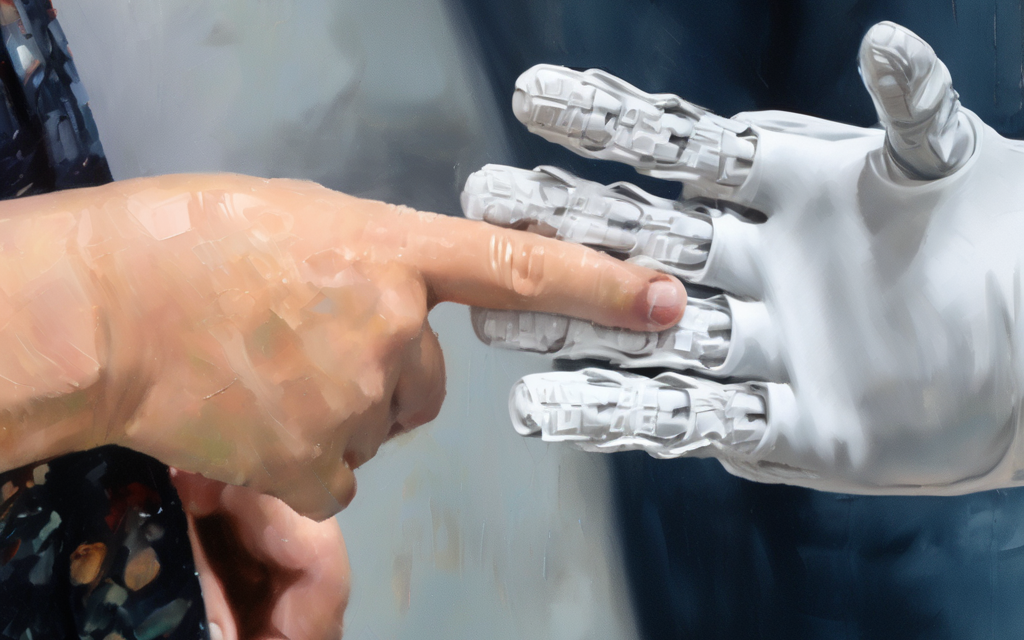Interns handle the behind-the-scenes, tedious tasks that keep the wheels of a business turning and free up time and focus for senior staff to spend on bigger, more demanding projects.
AI features embedded in work management tools are stepping in as a “digital’’ intern, streamlining repetitive work while driving productivity and collaboration across teams and businesses.
A good intern is always willing to lend a hand, take on tasks and support team members enthusiastically—whether completing important (albeit boring) admin, organising team schedules, or building project plans and slide decks. Whatever the job, your intern is there, ready to help.
However, with 98% of workers reporting regular use of work management tools and AI being seen positively and almost three-quarters of companies (73%) confirming they are investing in it, there has been a clear shift in workplace technology practices towards automation and AI-assisted task completion. In other words? There’s a new kid on the block when it comes to getting the ‘easy’ work done.
AI is becoming the modern ‘digital intern’, helping businesses to streamline their operations, and it’s here to stay. AI features within your work management tools can take over menial tasks like scheduling, summarising information, and analysing large volumes of data. They might not be able to pick up your parcels from reception, but they excel at juggling your time-intensive work–without ever taking a coffee break!
Despite common concerns, the pull of these AI features is not that they can replace jobs (or interns)—it’s about empowering employees to spend more time in areas where AI does not excel, like being creative or building rapport with important stakeholders. Rather than driving revenue via lay-offs, these AI features level up employees’ work, helping them focus on higher-value, creative, and strategic activities that improve the overall performance of their organisation.
Should you hire an AI Intern?
In today’s world, productivity is ‘King’. Recent research by Gallup reveals a staggering figure—$8.9 trillion in lost productivity globally due to low employee engagement. This massive loss in productivity underscores just how critical it is for organisations to explore new ways for people to work smarter.
In our modern workplace, employees are juggling various workplace tools and struggling with a constant stream of email interruptions and chat notifications that affect their workflows. The Special work management report from earlier this year showed that productivity tools are not being fully exploited. 98% are using work management tools, however, most organisations have yet to recognise these tools’ unique abilities and promote them or offer training in their use.
One of the more well-known benefits of AI is content generation, which is hailed as a game-changer for drafting reports, meeting notes, and project plans. Streamlining these previously time-intensive tasks enables teams to shift their time and focus—not because they relinquish creative control, but because they have more time to spend on high-value decision-making.
But AI can do much more than this; it accelerates decision-making, giving teams real-time access to complex data and enabling them to weigh multiple scenarios before choosing the best path forward. This empowers companies to respond faster to challenges and seize new opportunities more efficiently.
These tools streamline data organisation by automatically tagging, categorising, and prioritising information, ensuring teams can easily access and manage relevant data. NLP also adds an extra layer of insight by analysing feedback and extracting critical points. Teams can quickly gauge sentiment and pinpoint the most important takeaways, leading to a better understanding of project status and stakeholder perspectives.
Predictive analytics empowers teams with data-driven foresight to make more informed decisions by supporting accurate anticipation of project needs and resourcing requirements. While this isn’t currently true of native Monday.com functionality, it is possible with the integration of an app like BigPicture, which provides predictive analytics and AI-powered recommendations to enhance Monday’s work management capabilities. This results in better-informed decision-making and clearer strategies for teams navigating modern work challenges. With intelligent recommendations and proactive support, AI isn’t just a tool; it can be an invaluable partner in modern work management. It’s redefining what’s possible in today’s fast-paced and evolving workplace.
Addressing the AI training gap
So, bringing an AI Intern on board comes with a multitude of benefits. Yet, the use of AI isn’t without its hurdles. Misuse could risk overshadowing human interaction and critical reflection in decision-making. It’s vital to position AI as a ‘decision-support tool’, not a ‘decision-maker’, to ensure that teams retain control over their choices.
Transparency is another key factor. Team members must understand how AI algorithms function and why they make certain recommendations. This clarity builds trust and makes AI-assisted decisions more credible. Prompt training is another critical element of using AI with confidence. In other words, employees must know how to get the best out of their interns. This requires straightforward explanations and open communication about how the AI tools operate.
To unlock the full potential of working with AI, organisations must tackle the widening ‘AI training gap.’ Employees need the skills to train AI systems effectively, interpret outputs accurately, and promote responsible use. By prioritising comprehensive training and encouraging a fearless mindset, companies can harness the power of AI to boost productivity and enable smarter, more confident decision-making.
Powering the future of work
The future of work management tools is set to become even more dynamic and integrated. These tools are expected to offer deeper cross-platform connectivity, deeper contextual insights, and smarter data management, providing users with a more detailed view of their organisational landscape. Features like virtual teammates, capable of handling data-heavy tasks, breaking down complex information, and continuously learning, will become the norm as AI technology advances.
These future capabilities can already be seen in tools such as Atlassian Rovo, an AI assistant currently in beta that merges cross-platform search, contextual insights, and knowledge cards, empowering teams to access and manage information efficiently. Its “virtual teammates” adapt with use, offering a more intelligent and intuitive virtual assistant experience over time.
As more tools like this emerge, we expect our work management tools to incorporate even more sophisticated capabilities, such as adaptive learning algorithms, deeper platform integration, and proactive task management. By embracing these advancements, organisations will be better equipped to navigate complexities and unlock new levels of productivity and innovation.

From his early days in management, Danny Coleman discovered the profound impact that streamlined processes and effective systems can have on a team's efficiency and morale. One transformative project involved turning around a client delivery team's cumbersome, repetitive, and opaque implementation process. The result? A relieved team, a grateful lead stakeholder, and the beginning of his mission—to make work easier.
Whether through process optimization, guiding colleagues to appropriate solutions, providing insightful feedback, or stepping in to support a team member, Danny’s goal remains the same—to be helpful.
In every role he takes on, Danny strives to create a supportive work environment that values efficiency and continuous learning. For him, it’s about more than just improving processes; it’s about making a genuine, positive difference in the work experience of his team members. This guiding principle continues to drive his career and fuels his passion for what he does.






